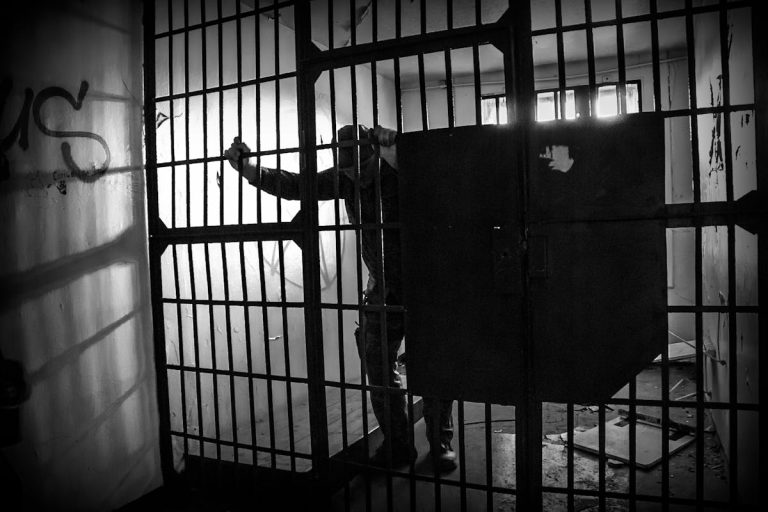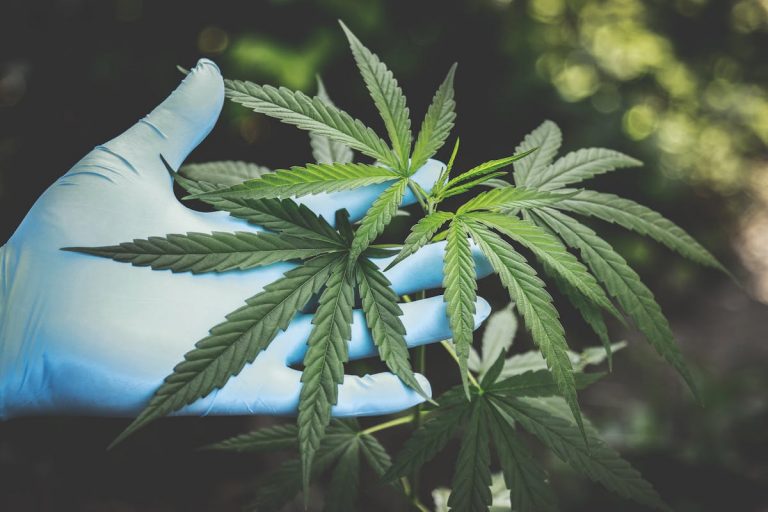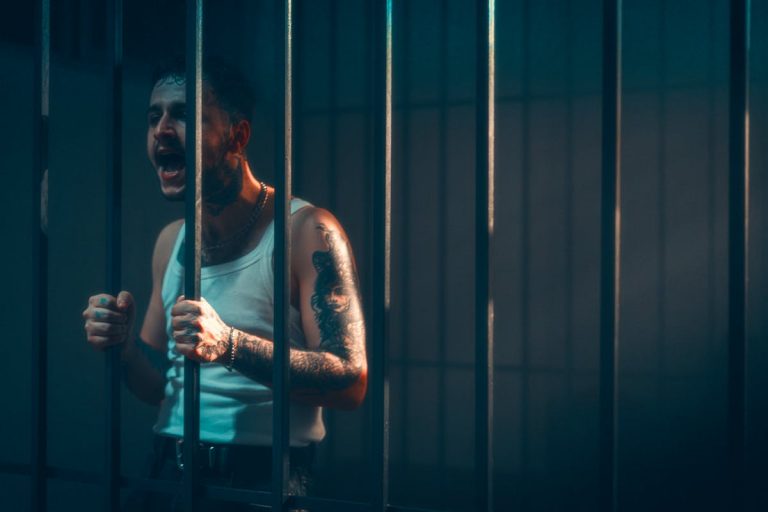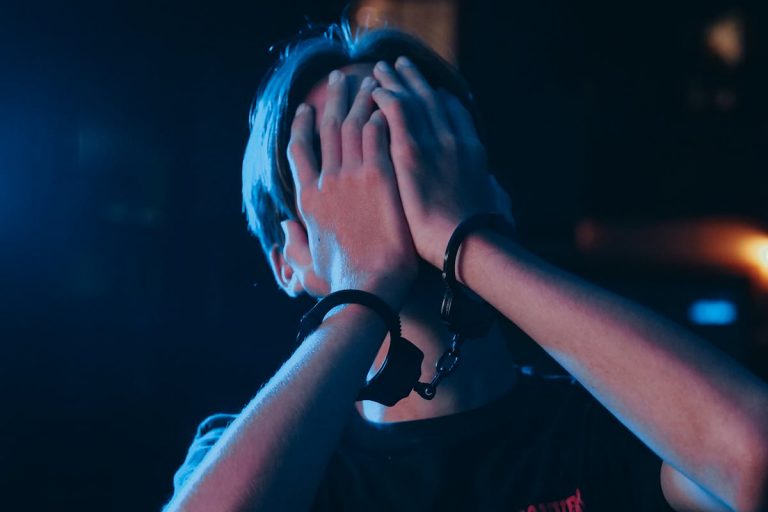The legal implications of engaging in bar fights are often under-discussed, yet they permeate far beyond the immediate physical consequences. Criminal charges such as assault and battery, or even disorderly conduct, loom over participants, with repercussions ranging from hefty fines to prison sentences. The threat of civil litigation for damages, including medical costs and lost earnings, further complicates the matter. The prospect of tarnishing one’s personal record, with potential impacts on future employment and housing opportunities, adds a deeper layer of complexity. The question then arises – is the fleeting adrenaline rush worth the potentially long-lasting legal fallout?
Understanding Assault and Battery
A substantial portion of bar fights often culminate in charges of assault and battery, a legal terminology that many misunderstand. It is essential to understand these two terms and the differences between them, as they form the bedrock of many legal consequences associated with bar fights.
In legal parlance, assault definitions tend to revolve around the intentional act of causing apprehension of harmful or offensive contact. It does not necessarily involve physical contact but focuses more on the threat or attempt to inflict harm. In contrast, battery distinctions are clear in that it necessitates actual physical contact, with or without the intent to cause injury. This could range from a simple shove to a full-blown brawl, with the severity of the battery often determined by the extent of the victim’s injuries.
In essence, the main differentiation lies in whether physical contact was made (battery) or just threatened (assault). The legal consequences for each can vary greatly, with battery generally viewed as a more serious offense. Understanding these distinctions is essential, as it helps in comprehending the potential legal ramifications of bar fights.
Criminal Charges for Bar Fights
Given the legal definitions of assault and battery, it becomes clear why bar fights can lead to serious criminal charges. In many jurisdictions, being engaged in a bar altercation can result in an array of criminal charges including, but not limited to, disorderly conduct, assault, and even attempted murder, depending on the severity of the injuries inflicted.
Self-defense laws often come into play in such cases. It is important to note that these laws vary greatly by region. They generally allow individuals to protect themselves from harm, but usually require that the level of force used is proportionate to the threat. Exceeding this can lead to criminal charges. Additionally, the claim of self-defense can be complicated if public intoxication is involved, as the perception of threat might be distorted due to the influence of alcohol.
In addition, public intoxication itself is a crime in many areas. Even if no physical altercation occurs, the mere act of causing a disturbance while being visibly drunk can result in a misdemeanor charge. Consequently, participants in bar fights not only risk physical harm, but also significant legal repercussions.
Potential for Civil Lawsuits
Beyond the domain of criminal prosecution, participants in bar fights often face the prospect of civil litigation. This is a separate legal pathway that holds individuals accountable for causing harm or injury to others. It is essential to recognize that criminal charges do not exclude a person from civil liability.
In this context, civil liability refers to the responsibility one person has to another for the damage caused. For instance, if a person is injured in a bar fight, they may file a lawsuit seeking compensation for their medical bills, lost wages, emotional distress, and other damages. The defendant in such a lawsuit could be the person who caused the injury, but it could also be the bar owner if it can be proven that they failed to maintain a safe environment.
Insurance claims also come into play in these situations. Depending on the specifics of an individual’s coverage, their insurance might bear some of the costs associated with the incident. However, insurance companies often seek to recoup these costs by suing the responsible parties. Consequently, involvement in a bar fight could lead to complex legal battles on multiple fronts.
Impact on Personal Records
The implications of bar fights extend beyond immediate physical injuries and legal penalties; they can considerably impact one’s personal records. The first point of discussion is the potential for these incidents to create a criminal record, which may have long-term effects on an individual’s life. Additionally, such marks on one’s record can adversely affect employment opportunities, thereby adding another layer of severity to the consequences of bar fights.

Criminal Record Implications
One of the most far-reaching and enduring consequences of getting involved in a bar fight is the potential for a blemish on your personal record. Legal definitions of assault, battery, public intoxication, or disorderly conduct can all be invoked in the aftermath of such an incident, leading to a criminal record.
This record can follow you for years, even decades, after the event, influencing many aspects of your life, from housing applications to loan approval processes. It’s essential to understand that a single moment of poor judgment can translate into a lasting legal repercussion.
However, there is a legal process known as record expungement that can provide some relief. Expungement is the legal process through which a conviction or arrest is sealed, making it less visible to certain types of background checks. However, the process is complex, often requiring legal assistance, and not all crimes are eligible for expungement.
Employment Opportunities Affected
Having a criminal record can notably impact one’s employment prospects. Job applications often include a section where applicants must disclose any criminal history. Even minor violent offences, such as involvement in a bar fight, can be viewed critically by potential employers. This is due to the fact that such offences may suggest an inability to manage conflict appropriately, posing potential issues for workplace relationships.
In addition, many employers conduct background checks on potential employees before confirming their appointment. A criminal record can be a red flag during this process, leading to automatic disqualification in some instances. This is particularly true for roles that require a high degree of trust, such as those within the financial sector or positions involving vulnerable populations.
Moreover, a public altercation can harm one’s professional reputation, even if it does not result in a criminal conviction. Word of mouth can travel fast, and a damaged reputation can hinder future employment opportunities before applications are even submitted.
The cumulative effect of these factors can notably limit the number of job opportunities available to an individual, highlighting the potential professional implications of involvement in a bar fight.
Consequences of Repeat Offenses
Repeat offenses in bar fights considerably escalate the legal consequences faced by the perpetrator. It is important to recognize that the judicial system is inclined to be far less lenient with repeat offenders. Each subsequent offense leads to a compounding of legal penalties, which could include increased fines, longer probation periods, or more severe sentences such as incarceration.
An essential factor to take into account is the classification of the offense. Initial convictions might be classified as misdemeanors, but this can escalate to a felony with repeat offenses, especially if serious bodily harm is inflicted. Felony charges carry with them a higher level of legal penalties, including longer prison sentences.
Furthermore, repeat offenders may face enhanced sentences under habitual offender laws. These laws, often referred to as ‘three-strikes’ laws, mandate harsher penalties for individuals convicted of multiple offenses. This could result in longer jail terms, even life sentences in some jurisdictions.
In essence, the legal repercussions for repeat offenders in bar fights are significant and can impact multiple aspects of the offender’s life. It is consequently vital to understand the serious nature of such actions and the potential legal consequences they entail.
Role of Alcohol in Legal Outcomes
The consumption of alcohol frequently plays a pivotal role in the legal outcomes of bar fights. Substantiating the degree of alcohol influence on an individual’s actions during a brawl can markedly impact the ensuing legal proceedings. Courts often consider the level of inebriation when determining culpability, the intent behind actions, and the extent of control an individual had over their behavior.
The intoxication defense, while not universally accepted, can sometimes be utilized in these cases. This defense argues that excessive alcohol consumption impairs an individual’s ability to form the intent necessary to commit a crime. However, it is crucial to acknowledge that this defense is generally not a get-out-of-jail-free card. Rather, it may serve to mitigate the severity of the charges or the harshness of the penalties.
Moreover, the alcohol influence can also affect witness testimonies and their reliability, as alcohol impairment can distort memory recall and perception of events. Consequently, the role of alcohol in bar fights extends beyond the immediate participants, influencing the entire legal process, from evidence collection to the final verdict.
Mitigating Factors and Defenses
The subsequent discussion shifts to mitigating factors and defenses in the context of bar fights. It is essential to examine the validity and potential impact of self-defense claims, as they often play a pivotal role in such cases. Additionally, the role of provocation, whether it can be considered as a mitigating factor or not, will be scrutinized.
Understanding Self-Defense Claims
How often do we hear the term “self-defense” thrown around in bar fight scenarios? This legal claim is often used to mitigate the consequences of a physical altercation. It’s critical to understand the intricacies of self-defense laws to comprehend its application in such cases.
Self-defense is predicated on the right to protect oneself from harm. In a bar fight, this defense can be invoked if a person reasonably believed they were in imminent danger and used force to prevent harm. The key term here is ‘reasonable force.’ The laws generally stipulate that the force used in self-defense must be proportionate to the perceived threat.
However, the application of self-defense laws varies from jurisdiction to jurisdiction. Some places might require a person to retreat before using force, while others adopt “stand your ground” laws, where there is no duty to retreat.
It’s also essential to remember that self-defense is evaluated from the perspective of the defendant in the heat of the moment, and not from the 20/20 vision of hindsight. This means the defendant’s perception of the threat can be more significant than the actual threat itself.
Understanding these nuances can greatly impact the legal outcomes of bar fights.
Role of Provocation
While self-defense plays a significant role in the legal consequences of bar fights, it is essential to also consider the role of provocation. In a legal context, provocation refers to actions or words that can incite another person to react violently. The types of provocation can vary greatly, from verbal insults to physical gestures, and understanding these provocation types is key to evaluating the dynamics of a bar fight.
Provocation can serve as a mitigating factor during legal proceedings. If a court finds that a defendant was genuinely provoked into a fight, it could reduce the severity of the legal consequences they face. However, this largely depends on the nature and intensity of the provocation, as well as the emotional responses it elicited.
Emotional responses play an essential role in evaluating provocation as a defense. If a defendant can demonstrate that they felt threatened or extremely insulted, their reaction may be seen as an instinctual self-defense mechanism. However, this largely depends on the proportionality of the response to the provocation. Excessive or premeditated violence, even when provoked, may not be legally justified.
Frequently Asked Questions
Can I Lose My Job Due to Involvement in a Bar Fight?
Yes, involvement in a bar fight can lead to job termination, particularly if your employer’s workplace policies include conduct expectations that extend to off-duty behavior. Legal issues can also affect your employment status.
How Can a Bar Fight Affect My Child Custody or Divorce Proceedings?
Involvement in a bar fight can negatively impact child custody and divorce proceedings, as it may portray you as aggressive and potentially unfit for custody. Courts prioritize the child’s safety, considering your behavior critically.
What Are the Potential Psychological Effects of Being Involved in a Bar Fight?
Being involved in a bar fight can lead to serious psychological effects, including emotional trauma from the violent encounter and social stigma associated with such behavior, potentially impacting one’s self-esteem and interpersonal relationships.
How Does a Bar Fight Impact My Insurance Premiums?
Involvement in bar fights can considerably impact your insurance premiums. Insurance companies assess risk based on client behavior; frequent bar brawls raise red flags, leading to increased premiums or even denial of future insurance claims.
Can Involvement in a Bar Fight Influence My Immigration Status or Visa Renewal?
Involvement in a bar fight could indeed influence your immigration status or visa renewal. Criminal convictions, including those from bar fights, can have significant immigration consequences and potentially negative visa implications. Legal counsel should be sought.





